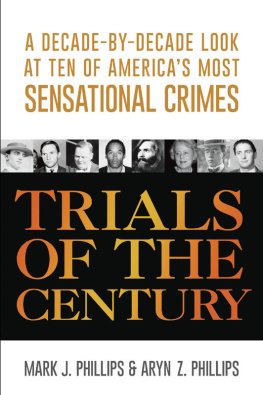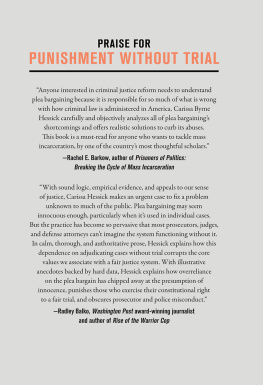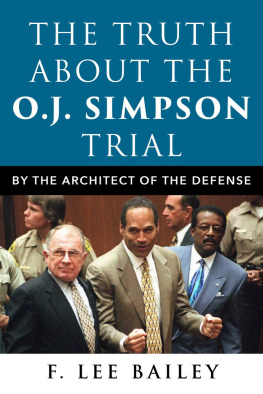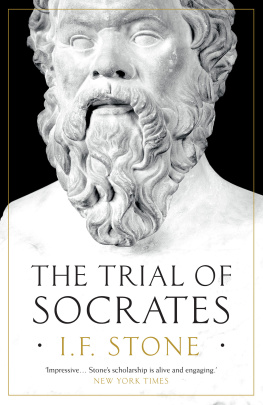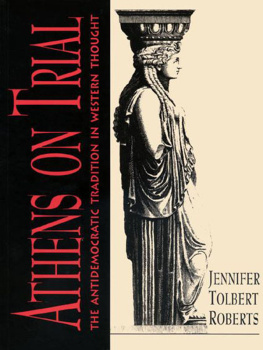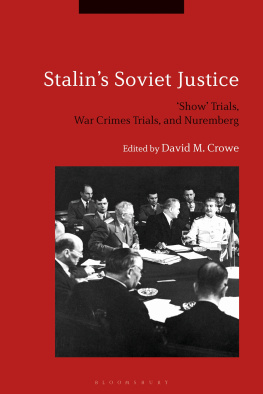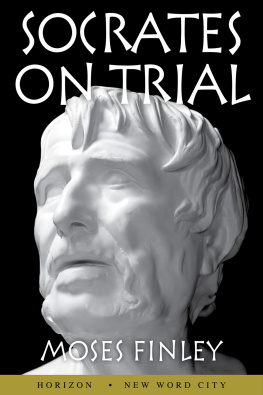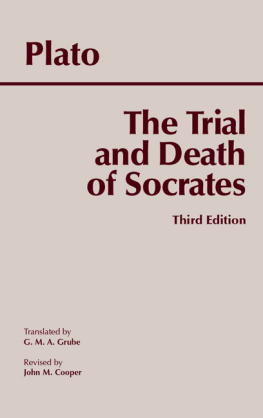In August 1792, as the French Revolution hurtled towards its years of Terror, Paris was seized by panic. Armies from Prussia and Austria were marching on the capital to restore King Louis XVI to the throne, and radicals had responded by slaughtering several hundred of his Swiss guards and placing the royal household under arrest. To the sound of boots and drums and bells, the capital mobilized, aware that the commander of the invading forces had sworn vengeance on every Parisian if the kings person was violated. When the Germans reached Verdun, just a hundred miles east, the possibility of a bloodbath became imminent. As fear mounted, the pamphleteers and propagandists of the Revolution identified a threat even closer to home than the Prussians: the thousand or so royalists and clerics who were being held in the municipal jails. You have traitors in your bosom, warned Danton. Without them the fight would have been soon over. The prisons are full of conspirators, thundered the Orateur du peuple. The first battle we shall fight will be inside the walls of Paris. The prescription of Marat was most precise of all. The peoples duty, he wrote, was to run [the traitors] through with a sword.
It soon became clear that many Parisians were inclined to agree. As a train of cabs carrying some twenty captive priests inched its way through the seething capital on 2 September, one of the passengers, deluded or desperate, lashed out with a stick. It was a bad move. The man struck by his assault leapt onto the carriage step, thrust a sabre three times through its open door, and raised the glistening blade to the roaring crowd. The passengers in the cab were cut to pieces and at the convoys destination, a prison called the Abbaye, a mob broke down the doors and turned pikes and bayonets onto those who had survived. The murders set off a holocaust. Some twelve hundred prisoners were killed over the next four days and nights, despatched inside prisons that echoed with their screams and stacked high on streets and bridges that ran with their blood. It was the deadliest single atrocity in a Revolution that never lacked for violence but it was distinguished by more than its scale. Almost as soon as it had begun, the Parisian authorities sent an urgent instruction to those carrying it out. The peoples enemies were not to be killed so quickly, it warned. They had to be tried first.
One of those who faced the revolutionary music was army officer Franois Jourgniac de Saint-Mard, who was taken from his cell in the Abbaye during the early hours of 4 September and led into a darkened chamber. About a dozen men were present. Some stood around in bloody shirts and aprons, machetes hanging from their waists; others dozed on the sidelines. Behind a bench at the far end, his gaunt features illuminated by the smoky flames of two torches, was the tall, dark, and tubercular figure of Stanislas Maillard, a 29-year-old veteran of the storming of the Bastille who had assumed the status of tribunal president. Saint-Mard was detained behind crossed sabres as a soused sansculotte handed up a reference for the 70-year-old man whose trial was reaching its conclusion. Maillard waved it aside. They are useless, these appeals for traitors, he grumbled. My hands are washed of it; take [him] away. As the old man was dragged to the back of the room, he struggled furiously with his captors. It is frightful! he protested. Your judgment is murder! Maillard scribbled into his files as the doors were opened onto the street. Men and women outside, skulking like dogs around an abattoir, suddenly galvanized into a pack. It swallowed its prey with a great roar. Maillard continued to leaf through his papers. Another! he called.
Saint-Mards guards tugged him to the centre of the room. Shadows leapt as defendant and judges peered at each other across a table littered with pipes, inkstands, and half-drained bottles of liquor. Why had he been arrested, demanded Maillard. Saint-Mard replied that he was thought, wrongly, to have edited a royalist newspaper. A single lie, snapped another voice, would mean instant death. If he was innocent, why had he been charged?
He had begun to reply when a priest was suddenly hauled into the room. A stupefied Saint-Mard watched as the cleric was bombarded with a flurry of questions, sentenced to death, and then pulled away, pleading for mercy. The judges invited him to continue. How could they be sure that documents he had handed up were not forgeries? Saint-Mard suggested, very hopefully, that they should adjourn his case while they checked only to be interrupted again. A jailer, pale with fear, burst into the room to report that a prisoner was clambering up the chimney. Maillard warned grimly that if he made good his getaway, the turnkey would pay with his life. Everyones attention switched to the new drama, as pistols were fired up the flue and a heap of straw was lit in the fireplace. Only when the would-be fugitive dropped into the hearth where, stunned and ablaze, he was beaten to death did the trial resume. You have told us many times what you were not, noted one of the judges, but what is it that you are? Saint-Mard desperately replied that he was a patriot and explained that, far from plotting against the Revolution, he had considered it too timid. The claim, addressed to men who were diligently murdering in said Revolutions name, was an audacious one. None of his judges looked convinced. Most appeared unmoved. Some seemed asleep. But their inscrutability masked one final surprise.
I am for granting him his liberty, declared Maillard. His fellow judges expressed their agreement, with joy rather than reluctance, and an astonished Saint-Mard was embraced by his jailers. And as he was escorted into the street between the torches of an honour guard, the mob that had just torn a man limb from limb parted to let him through, with cries of Vive la nation!
Saint-Mards experience was far from unique. Around one in seven of those at the Abbaye were spared, and the acquittals were repeatedly greeted with jubilation or tears from judges, guards, and citizenry alike. Historians have typically characterized the trials as shams but, understandable as that is, it raises an obvious question who was being fooled? Saint-Mard struggled to believe that the proceedings were something more exalted and succeeded to the extent that his life was saved. His judges were partners as much as adversaries, from the moment that they asked him to explain his arrest to the point when they freed him. Far from deliberately performing the preamble to a murder, everyone was longing to enact a dream of liberty, equality, and fraternity. And the delusions created their own reality.
The law has become so closely associated with reasoned deliberation that it is sometimes hard to think of criminal trials as anything other than inquiries but they have always performed a function that goes far beyond that of establishing who did what to whom. The first judges were priests, whose punishments were as sacrificial as they were penal, and the law has ever since asserted the power most proper to gods: the ability to rebalance a cosmos knocked out of kilter. Since the days of ancient Athens, there is no wrong that it has not somewhere claimed to right even when no human defendant has been available to carry blame. In the courts of early modern Europe, creatures from beetles to bulls were regularly prosecuted, defended, and condemned at public expense. English juries for several centuries returned homicide verdicts against mischievous objects from haystacks to locomotives. Lawyers discovered new categories of criminal, from traitors to werewolves, whenever popular passion or private fear required. The long arm of the legal process even reached into the grave: for well over half a millennium, the bodies of dead criminals were brought into court to be accused by witnesses, defended by advocates and, if convicted, punished by the public executioner.

![Sadakat Kadri [Sadakat Kadri] THE TRIAL: A History from Socrates to O. J. Simpson](/uploads/posts/book/57415/thumbs/sadakat-kadri-sadakat-kadri-the-trial-a.jpg)
